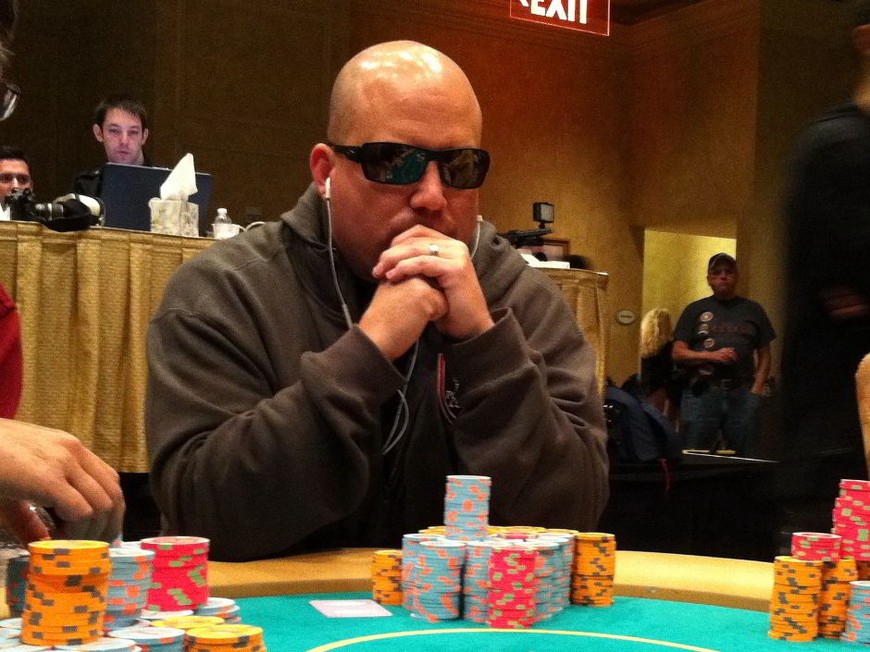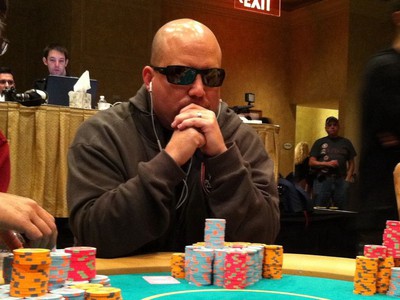

- A recent ruling handed down by a six-person jury in a New Jersey Superior Court found that Lee Childs (the defendant in the case) was not financially liable for a breach of contract between him and financier Lynne Mitchnick.
- The dispute began in 2012 when the contract agreement was terminated by the Plaintiff with an accompanying demand for payment of approximately $40,000 in poker playing make-up.
- Although the jury found that Childs was indeed in breach of the backer-player contract—which mostly consisted of failure to timely execute administrative tasks— none of those breaches were deemed to be material in nature.
The poker world is filled with agreements (some contractual and some not) between professional poker players and investors who back them. However, there has been little to no precedent for how the chips will fall from a legal perspective when the parties involved enter into a formal dispute.
That is, up until now.
A recent ruling handed down by a six-person jury in a New Jersey Superior Court found that Lee Childs (the defendant in the case) was not financially liable for a breach of contract between him and financier Lynne Mitchnick.
The dispute began in 2012 when the contract agreement was terminated by the Plaintiff with an accompanying demand for payment of approximately $40,000 in poker playing make-up.
David Zeitlin, who represented Childs in the case, wrote a lengthy summary of the events leading up to the court case as well as a recap of the eventual ruling.
Although the jury found that Childs was indeed in breach of the backer-player contract—which mostly consisted of failure to timely execute administrative tasks— none of those breaches were deemed to be material in nature.
The jury also ruled that certain clauses in the contract were unreasonable: such as Child’s obligation to provide a live tournament schedule to his backer six months in advance and to “always play to the best of [his] ability.”
Zeitlin called the suit brought forth by the Plaintiff “BS”—stating that he was personally and professionally motivated to assist Childs because of his desire to reconnect with the poker world.
“I found the lawsuit distasteful in that, in my opinion, it violated an unstated rule that gambling disputes be handled in house, within the gambling world,” Zeitlin wrote in the opinion-based summary.
According to Zeitlin, the most interesting legal question was not brought before the jury.
“It concerned the Plaintiff’s attempt to enforce payment of makeup as contractual damages…my view is that “makeup as contractual damages” is generally unenforceable, and that only a very carefully crafted staking agreement can validate such a provision,” Child’s lawyer opined.
The case will likely be studied in depth by poker financiers and poker players alike in order to decipher the legal obligations that revolve around staking agreements.

